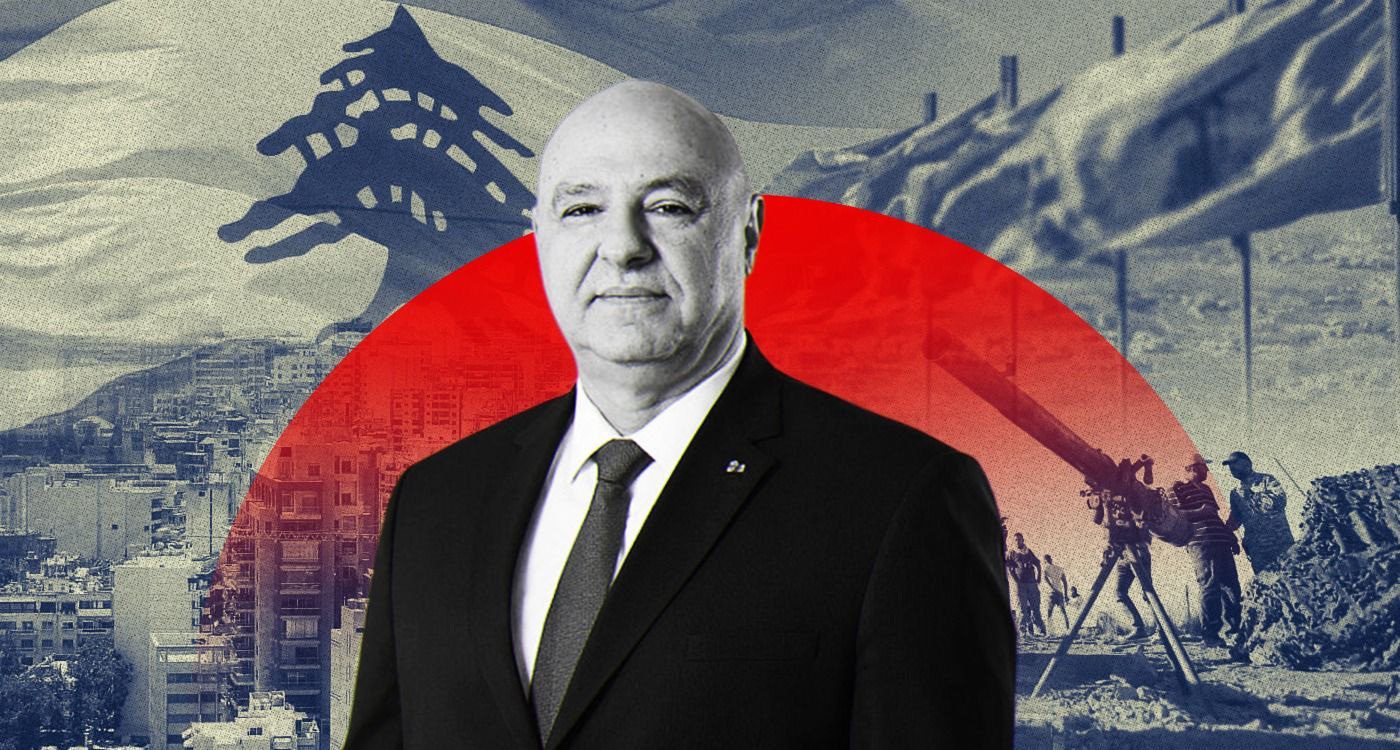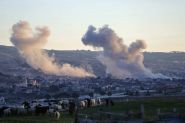
It has been a remarkable week for Lebanon. President Aoun, Speaker Berri, and Prime Minister Salam have acted in unison, never something to be taken for granted in Lebanon. Moreover, they have done so on a topic that has been wrongly taboo since the Taef Accord: restoring the Lebanese state's monopoly of arms and confronting Hezbollah's challenge to state sovereignty. It is an unprecedented step and required courage and determination. These three leaders and their teams deserve enormous credit. It was difficult but the right decision. The devil will be in the details of interpretation and implementation, but these actions so far instill confidence.
The week was positive not only because of the cabinet's action. UNIFIL's seizure of a Hezbollah tunnel loaded with arms and the LAF's successful move against drug kingpins in the Bekaa Valley reinforce the sense that slowly but surely, the Lebanese state is regaining sovereignty because of the changed circumstances and new leadership. Add the Foreign Ministry's facing down of the outrageous statement of interference by Iranian Foreign Minister Abbas Aragchi, who has lost sight of the new reality that Iran can no longer treat Lebanon as an appendage subject to bullying. Lebanese leaders deserve unreserved congratulations and support.
Are there potential gaps and questions to be resolved about the implementation and timetable? Of course. Those can best be ironed out between Lebanon and Israel through American mediation behind the scenes, but at some point will have to be explained to the public on both sides. The important thing is the demonstration of a Lebanese political commitment to fulfilling the terms of the ceasefire and restoring sovereignty and the state monopoly of arms. That move gives American mediators much to work with in ensuring Israel is also living up to its side of the bargain. It also validates the decades-long American investment in the Lebanese Armed Forces to ensure that when the political will emerges—as we are seeing—it has the capacity to take charge of security. It can, and it is beginning to look like it will.
The Lebanese, of course, will also have to address their own differences. There is no Taef or Doha on the horizon, perhaps blessedly. While America, Saudi Arabia, and others can help in every appropriate way—especially by pressuring Iran to stay out—it will be the task of the Lebanese for the first time in memory to navigate through this transition. It is for the Lebanese to work out how to ensure no community feels threatened by the alteration of the balance of power or tries to exploit it. That effort will require wisdom and care but should not become a pretext for preventing the Lebanese state from regaining sovereignty at this fleeting moment of opportunity. When I visited Lebanon in early July, I left with what was for me a rare feeling of optimism. That optimism so far has been validated. But the road ahead is a long one.




Comments